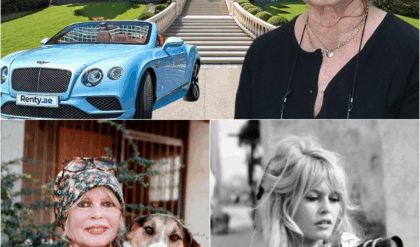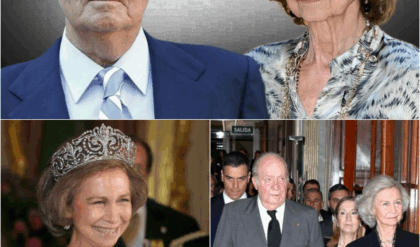:max_bytes(150000):strip_icc():focal(749x0:751x2):format(webp)/kelly-clarkson-garth-brooks-c5333829389544428a62e57d66accebe.jpg)
During the 43rd Kennedy Center Honors on June 6, 2021, a touching moment unfolded when Kelly Clarkson graced the stage to perform “The Dance,” a cherished classic by country music icon Garth Brooks. The event was not just a celebration of Brooks, who is revered for his substantial contributions to the country music landscape, but also a recognition of other influential figures in the arts, such as Debbie Allen, Joan Baez, Dick Van Dyke, and violinist Midori. With Gloria Estefan serving as the host, the ceremony featured a diverse array of performances that echoed the rich tapestries of their respective careers, creating a memorable evening filled with emotional resonance and artistic homage.
Clarkson’s rendition of “The Dance” stood out as a particularly evocative tribute. Released in 1989, “The Dance” is a song that speaks to the complexities of living, loving, and ultimately experiencing grief. It is both reflective and uplifting, inviting listeners to appreciate the beauty of life despite its inevitable heartaches. Clarkson’s vocal prowess was palpable as she delivered the song with a heart-stirring intensity, paired only with a subtle piano backing. This minimalistic approach allowed the audience to fully absorb the lyrical depth and emotional weight of the song, transforming the moment into an unforgettable experience.
What made Clarkson’s performance even more poignant was the visible emotional response of Garth Brooks himself, who was seen struggling to contain his tears while witnessing the tribute. This interplay between audience and performer is an essential element of live music, where shared feelings can create a profound bond. Clarkson’s ability to infuse her interpretation of “The Dance” with her own life experiences made the performance resonate not just as a tribute, but as a personal expression of loss and healing.
Clarkson has openly discussed how “The Dance” helped her navigate the difficult emotions following her divorce from Brandon Blackstock. The themes of reflection and acceptance resonated deeply with her own experiences, influencing both her music and her personal journey. This connection between the song and her life further enriched her performance, allowing her to convey an authenticity that struck a chord with the audience, transforming the event into a communal experience of catharsis.
Born on April 24, 1982, in Fort Worth, Texas, Kelly Clarkson first caught the public’s eye as the inaugural winner of “American Idol” in 2002. Since then, she has evolved into one of the most versatile artists in contemporary music. With hit singles like “Since U Been Gone” and “Stronger (What Doesn’t Kill You),” her unique blend of pop, rock, and country influences has garnered her a place among the industry’s elite. Clarkson’s accolades include multiple Grammy Awards, American Music Awards, and numerous other honors, reflecting her significant impact across various genres of music.
In addition to her impressive music career, Clarkson has seamlessly transitioned into television, where she hosts “The Kelly Clarkson Show” and serves as a coach on NBC’s “The Voice.” Her charisma and relatability make her a beloved figure on screen, mirroring the authenticity she brings to her music. The duality of her roles as both an artist and a television personality showcases her multifaceted talent and appeal, enabling her to connect with a wide-ranging audience.
The Kennedy Center Honors served as a platform not only to celebrate Garth Brooks’ legacy but also to affirm Clarkson’s status as a powerhouse in the music industry. Her performance exemplified a deep respect for Brooks’ work while showcasing her own emotional and vocal capabilities. In an era where music is often categorized into genres and niches, Clarkson’s artistry bridges generational gaps, allowing classic songs to find new life through modern interpretations.
Following the performance, the feedback was overwhelmingly positive, with audiences moved by the emotional authenticity Hudson displayed. The moment reminded viewers of the timeless essence of great music and the ability of artists like Clarkson to breathe new life into beloved classics. Her performance, paired with Brooks’ legacy, highlighted how music can transcend time, healing, and connecting us through shared experiences of love and loss.
Ultimately, Clarkson’s performance at the Kennedy Center Honors stands out as a significant highlight in both her career and in the tradition of the event itself. It marks a moment when past and present artists came together to celebrate the enduring impact of song and performance. As we look back at this extraordinary event, it serves as a testament to the power of music to evoke emotion, foster connections, and inspire individuals across generations, solidifying Kelly Clarkson’s place in the pantheon of contemporary music greats.





